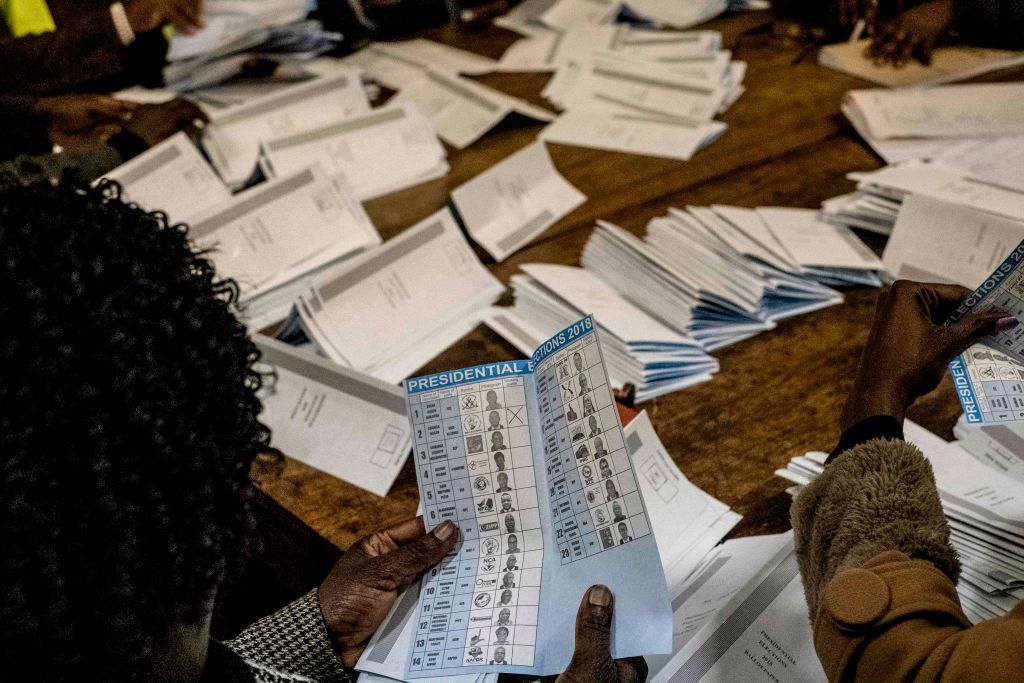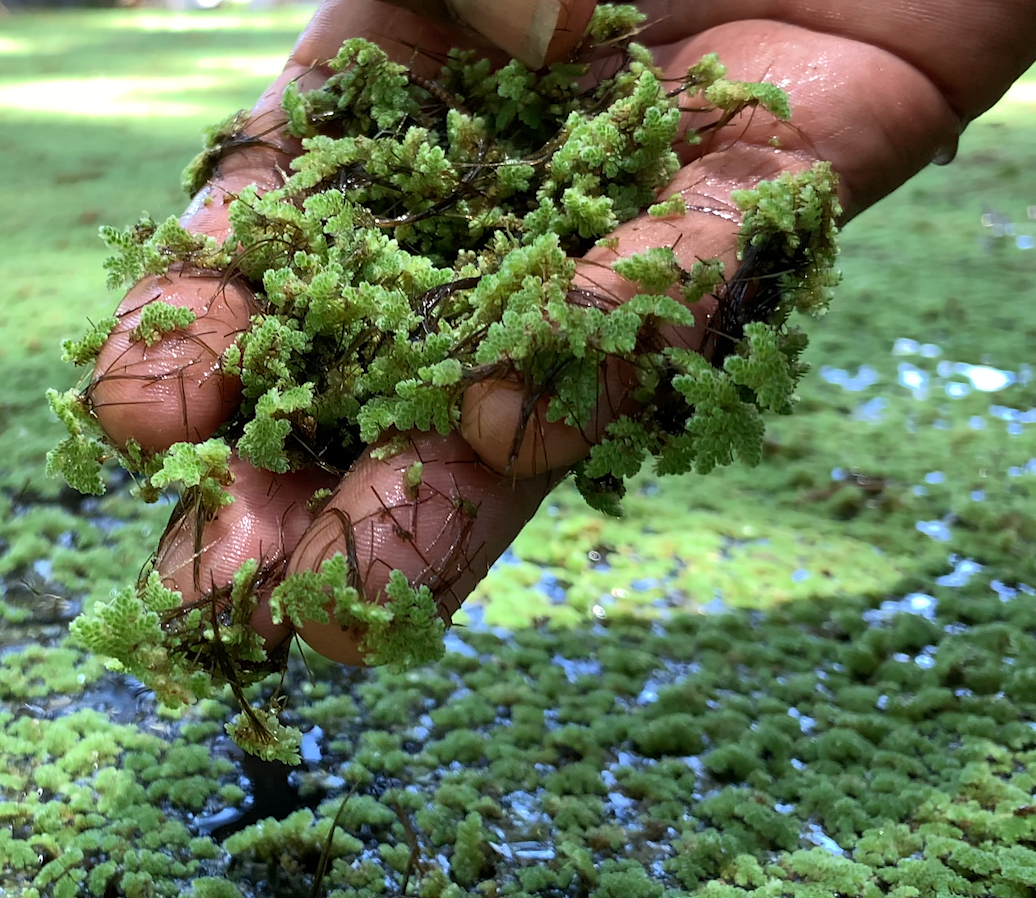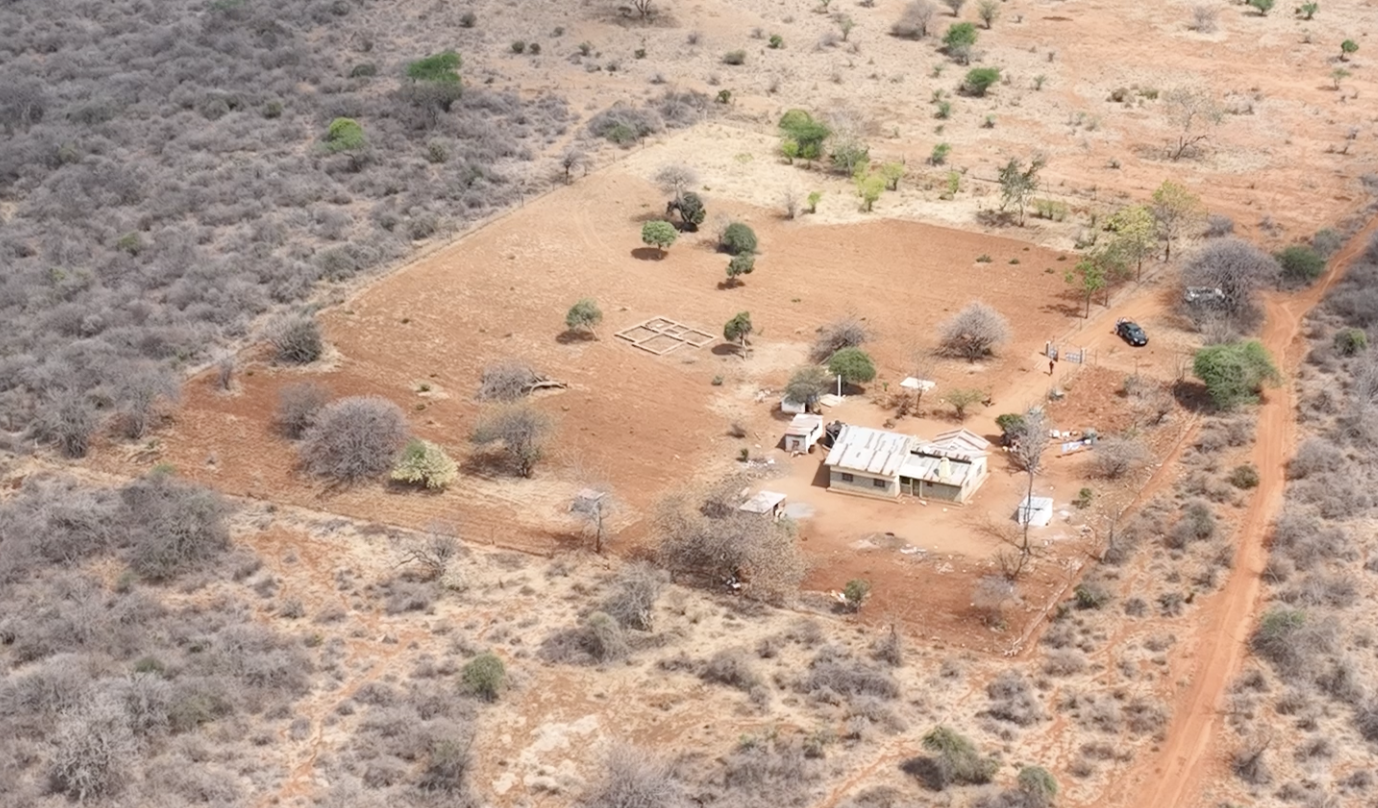
China promotes ‘peace, stability’ in Zimbabwe after 1st post-Mugabe election

China on Friday urged all sides in Zimbabwe to respect the result of the presidential election which was won by a long-time Beijing ally but contested as “fake” by the opposition.
President Emmerson Mnangagwa, who took power after veteran leader Robert Mugabe was ousted late last year, was declared the winner on Friday with 50.8% of the vote.
The narrow margin is just enough to avoid a run-off against opposition leader Nelson Chamisa, who dismissed what he called the election’s “unverified fake results”.
Opposition allegations of foul play had already sparked a deadly crackdown on protesters in the capital Harare on Wednesday when troops opened fire, killing six.
“We hope the international community will join us to make contributions to upholding the peace and development of Zimbabwe,” Geng said.
Mnangagwa was chosen as Mugabe’s successor in the ruling Zanu-PF party after he was removed in a brief military intervention in November.
President Xi Jinping hailed Mnangagwa, who received military training in China when he was a young liberation fighter in the 1960s, as an “old friend” of the Asian powerhouse when he visited Beijing in April.
Beijing had long been one of Mugabe’s most powerful allies and a major trade partner, as the West shunned him over his government’s human rights violations, but it avoided publicly taking sides during his ousting.






